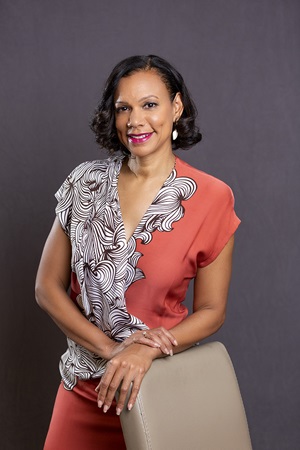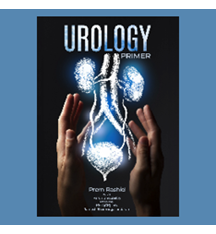2023 | Volume 24 | Issue 2
I was seen and heard - an SIMG's story

Author: Dr Emilia Dauway, MD, FRACS, FACS
When I moved to Australia from the US, one of my first patients asked, “what are you?” I answered, “I’m African American.” She said, “You mean you’re coloured?” "No, that term in America is considered offensive”, I said. Again, she probed, “Well, what are you?” I paused for a moment and then said, “My mother is Choctaw Indian and Black, and my father is Puerto Rican”.
I am the offspring of Indigenous American Indians and the descendant of African slaves. She was satisfied with my answer, and we were able to refocus on the clinical aspects of her visit. Many would have been offended by her asking, but I understood that she genuinely wanted to know what and who I was, and how I came to be in her regional community. She had acknowledged that I was different and spoke with an accent. I was seen and heard.
It is not unusual for patients to question the background of their Specialist International Medical Graduate (SIMG) doctor. SIMGs are recruited to address the significant deficits and persistent maldistribution of healthcare workforce and provide a much-needed medical care in regional and remote areas. There are assumptions that as an SIMG you are there because you couldn’t be anywhere else, are not as qualified, or that you are from a country that is impoverished or has civil unrest.
Before migrating to Australia, I worked at a cancer centre at a 700-bed tertiary academic hospital as chief of Breast Surgery. I relocated to central Queensland to work in a 40-bed regional hospital (much to the shock of my American colleagues) to experience working in a different health system and the challenge of providing care with limited resources. I had no intention of remaining permanently; however, after eight years I am an Australian citizen and have enjoyed overcoming barriers to exceed standards of breast cancer care in regional Queensland. SIMGs contribute to the diversity of our workforce caring for our multicultural patient population, providing unique perspectives and a cultural richness to our profession.
Diversity and inclusion have become modern mainstream concepts that many organisations attempt and struggle to incorporate in strategic planning. It can be complex as diversity could mean different observational dimensions—age, gender, race, ethnicity, lifestyle choice and many others—depending on perspective.
I reflect on a time when I trained, when I didn’t have any woman surgical role models as there were none in the hospital where I trained of any surgical specialty, let alone one with my skin color. My mentors were all white men. Fortunately, over my career I have gained many mentors, both men and women. As such I believe that women surgeons should have both positive men and women role models. Moreover, men surgeons should also have strong women surgical mentors.
I do not identify as a woman or black surgeon—I am just a surgeon. It is no longer a novel concept and if it is considered as such, then we continue to separate ourselves and foster a mindset of scarcity and separatism. Not every woman or man for that matter in medical school have a desire to be surgeons despite it being an incredibly fulfilling medical discipline.
Diversity is imperative to the healthcare workforce to service a multicultural society, but it does not infer inclusivity. Regardless, of the increasing numbers of women or black or any other descriptor in the surgical profession, inclusion requires action of everyone in the workforce. Each of us has a responsibility to reflect on our individual biases and judgement of others that impacts behaviour towards others.
Do you look down at your smart phone when sitting in the surgery lounge when another surgeon who looks different or of a different surgical discipline that you are unfamiliar with enters or do you acknowledge and engage with them? Everyone wants to be seen, heard, appreciated, and accepted as their authentic self and for their contributions.
Fostering a climate and safe work environment means supporting the vulnerability that authenticity requires, leading each of us to make meaningful contributions to our profession. A space where there is a feeling of belonging and all are welcome—the opportunity to share our knowledge, talents and grow. At the end of the day, you can only be who you are. At the end of the day, I will always be a woman, black, the descendant of slaves and Indigenous American Indians who happens to do surgery. It is my hope that when I enter the twilight years of my career that my colleagues will remember me for meaningful contributions to this great profession above all else.

